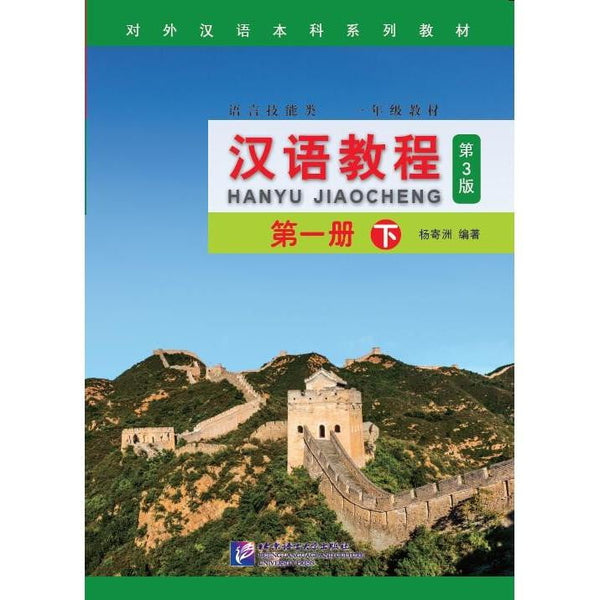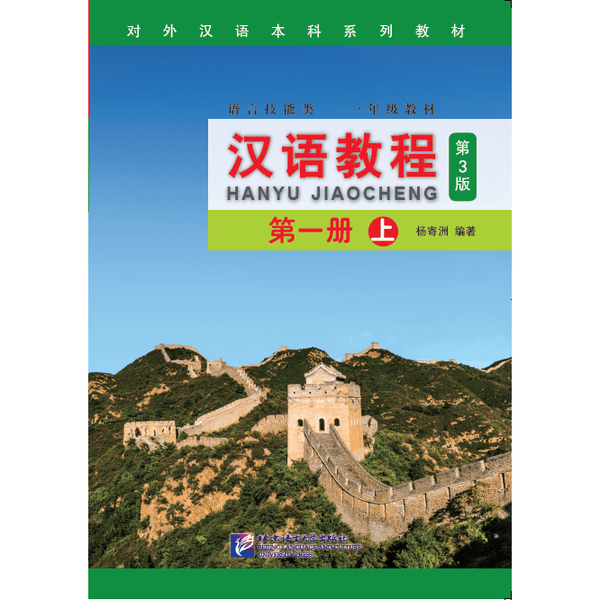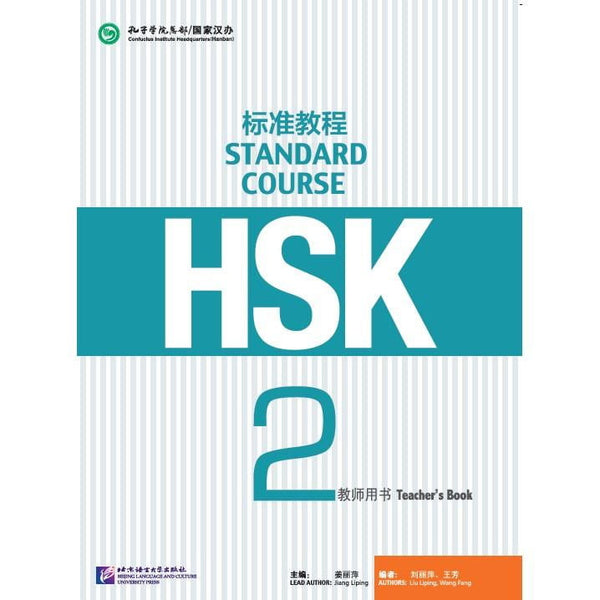Tags: beginner , chinese , chinese-simplified , educational , graded-reader , learning , mandarin-companion
The Prince and the Pauper : Mandarin Companion Graded Readers Level 1
- Author: Mark Twain
- Availability: Out Of Stock
- ISBN: 978-1-94187-522-3
CHF 14.90
CHF 19.90
During a chance encounter, two nearly identical boys, one a poor beggar and the other a prince, decide to exchange places. The pauper, now living in the royal palace, is constantly filled with the dread of being discovered for who...
During a chance encounter, two nearly identical boys, one a poor beggar and the other a prince, decide to exchange places. The pauper, now living in the royal palace, is constantly filled with the dread of being discovered for who and what he really is while the Prince, dressed in rags, lives on the street enduring hardships he never thought possible. Both children soon discover that neither life is as carefree as they expected.
Adaptation Notes
Mark Twain’s classic novel, The Prince and the Pauper, has been the subject of countless retellings, but has never been done in such a uniquely Chinese way before. In order to put the focus on the story in our adaptation, we set our version of the story in a fictional Chinese kingdom in the remote past. We never say exactly what year or dynasty it is, and the character names used, while sometimes inspired by real historical figures, are not straight out of the history books. The characters have been given authentic Chinese names as opposed to transliterations of English names, which sound foreign in Chinese. The location of the story, a city called 西京 (Xījīng), is also fictional.
Some elements of the story have a certain relationship to actual Chinese history, however. For example, although 宋 (Sòng) is the name of a historical Chinese dynasty, we chose it for the king’s name in our story precisely because there was no famous Chinese emperor with that surname. As for the name 宋知远 (Sòng Zhīyuǎn), we borrowed the given name from the actual historical emperor 刘知远 (Liú Zhīyuǎn).
One challenge in adpating this work was the title, The Prince and the Pauper. The word “pauper” means “beggar,” and can be translated as 乞丐 (qǐgài) in Chinese. However, this word is both formal and also contains two low-frequency characters, so it’s no good for a graded reader. The more colloquial option, 要饭的 (yàofàn de), also means “beggar,” but is so informal that it is not suitable for a book title (but it does appear in our book). Thus, we decided to go with 穷孩子 (qióng háizi), meaning “poor child,” a less literal translation of the English “pauper.”
Finally, our Chinese staff would like to make it clear to the reader that the hairstyle of the prince in our story does not conform to the actual historical royal hairstyles of ancient China. (Sometimes you just have to go with design choices that look a little cooler.)
- 宋知远 (Sòng Zhīyuǎn) – Edward Tudor, Prince of Wales
- 李小朋 (Lǐ Xiǎopéng) – Tom Canty
- 李大 (Lǐ Dà) – John Canty
- 周兵 (Zhōu Bīng) – Sir Miles Hendon
- 白老师 (Bái Lǎoshī) – Father Andrew
- 雨平 (Yǔpíng) – Lady Edith
- 老国王 (Lǎo Guówáng) – King Henry VIII
Pages: 122




![HSK Standard Course 1 Textbook [+MP3-CD] - Confucius Institute - asia publications](http://asiapublications.ch/cdn/shop/products/hsk1-std-front_600x600.jpg?v=1566675677)
![HSK Standard Course 1 Workbook [+MP3-CD] - Confucius Institute - asia publications](http://asiapublications.ch/cdn/shop/products/hsk1-work-front_600x600.jpg?v=1566675679)
![HSK Standard Course 2 Textbook [+MP3-CD] - Confucius Institute - asia publications](http://asiapublications.ch/cdn/shop/products/hsk2t_600x600.jpg?v=1566675748)
![HSK Standard Course 2 Workbook [+MP3-CD] - Confucius Institute - asia publications](http://asiapublications.ch/cdn/shop/products/hsk2w_600x600.jpg?v=1566675749)



